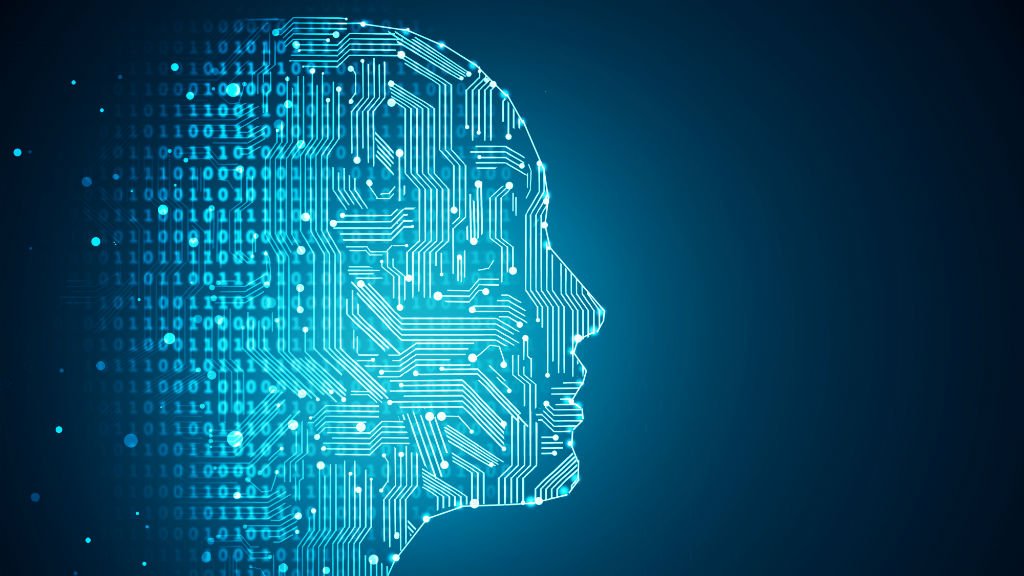Artificial Intelligence (AI) is no longer a concept of the future; it is reshaping the way businesses operate today. From customer service to supply chain management, AI’s integration into business processes has become essential for staying competitive. Let’s explore how AI is transforming various industries and how you can leverage its power to enhance your business operations.
What is Artificial Intelligence?
AI refers to the simulation of human intelligence processes by machines, especially computer systems. These processes include learning (acquiring information and rules for using the information), reasoning (using rules to reach approximate or definite conclusions), and self-correction. AI technologies include machine learning, natural language processing (NLP), robotics, and more.
AI in Customer Service
AI is revolutionizing customer service by providing faster and more efficient solutions. Chatbots and virtual assistants can handle a high volume of inquiries, providing instant responses and freeing up human agents for more complex issues. AI can also analyze customer interactions to offer personalized recommendations and predict future needs.
Examples:
- Chatbots: Automated systems that answer customer queries 24/7.
- Virtual Assistants: AI-driven tools that help customers navigate websites or make purchases.
AI in Supply Chain Management
Supply chain management is another area where AI is making a significant impact. AI algorithms can forecast demand, optimize inventory levels, and predict potential disruptions in the supply chain. This leads to reduced costs, improved efficiency, and better customer satisfaction.
Examples:
- Demand Forecasting: Predicting customer demand to manage inventory effectively.
- Predictive Maintenance: Identifying potential equipment failures before they happen.
AI in Marketing and Sales
AI enhances marketing and sales by providing deeper insights into customer behavior and preferences. AI tools can analyze vast amounts of data to identify trends and patterns, enabling businesses to create targeted marketing campaigns. Additionally, AI can automate repetitive tasks, allowing sales teams to focus on building relationships and closing deals.
Examples:
- Customer Insights: Analyzing data to understand customer preferences.
- Automated Marketing: Creating personalized marketing campaigns based on customer behavior.
AI in Human Resources
AI is transforming human resources by streamlining the recruitment process, enhancing employee engagement, and improving talent management. AI-powered tools can screen resumes, conduct initial interviews, and even predict employee performance and retention.
Examples:
- Recruitment Automation: Using AI to screen resumes and shortlist candidates.
- Employee Engagement: Analyzing employee feedback to improve workplace satisfaction.
AI in Finance
In the finance sector, AI is used for fraud detection, risk management, and personalized financial services. AI algorithms can analyze transactions in real-time to detect suspicious activity and predict financial risks. Additionally, AI can provide personalized investment advice based on individual financial goals.
Examples:
- Fraud Detection: Identifying fraudulent transactions in real-time.
- Personalized Financial Services: Offering tailored financial advice and products.
AI is revolutionizing modern business, providing tools and insights that drive efficiency and innovation. Don’t get left behind—start integrating AI into your business today and unlock its full potential. Whether it’s enhancing customer service, optimizing supply chains, or driving marketing efforts, AI offers solutions that can transform your operations.
Don’t forget to leave a comment and share your experience!



